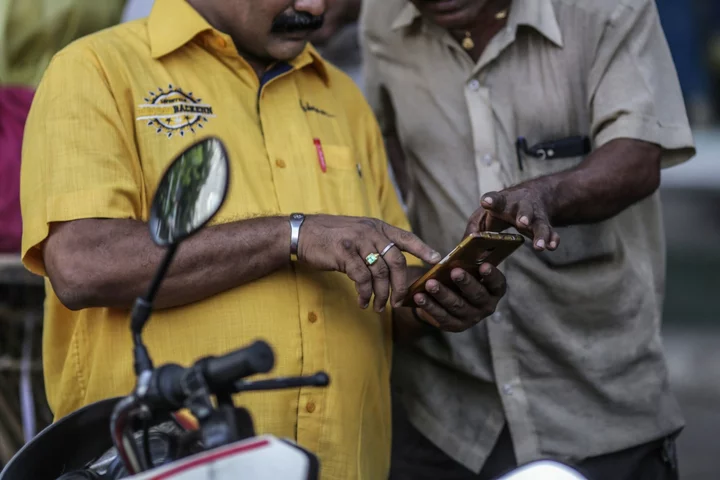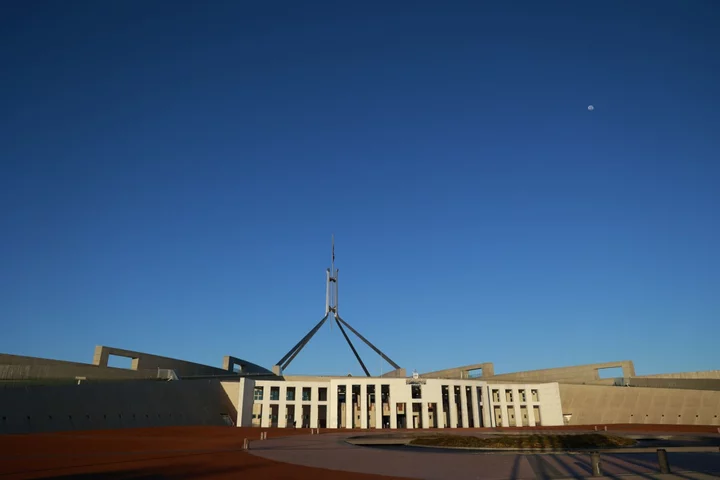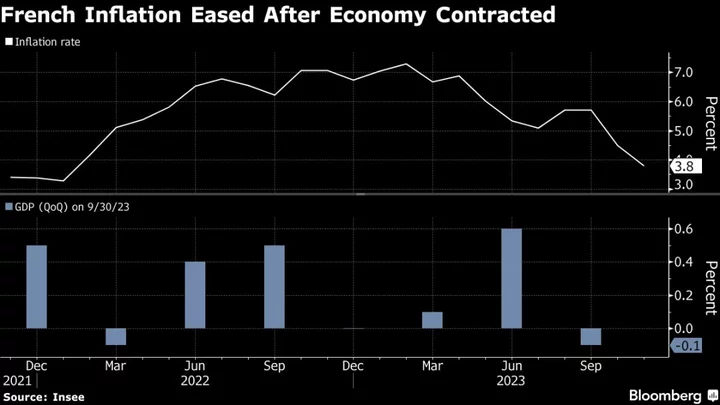India plans to overhaul rules governing use of the internet, potentially altering business practices for Silicon Valley giants operating in the world’s biggest market.
A first draft of the new law will be published in June, which is expected to carry proposals on a range of topics with the goal of creating an environment where Big Tech can operate while being more accountable to government and protect users.
The existing two-decade-old law is ill equipped to achieve India’s digital economy target of $1 trillion or 20% of GDP over time, Rajeev Chandrasekhar, Minister of State for Electronics and Information Technology, said at a briefing in Mumbai on Tuesday.
The changes will impact how Alphabet Inc.’s Google to Meta Platforms Inc. to Amazon.com Inc. do business in a market the government estimates will expand to 1.3 billion internet users by 2025, from the current 830 million. India is the largest internet community and the world will follow what we do, Chandrasekhar said in an interview on the sidelines.
The government, which faces re-election next year, wants to implement the legislation by the end of 2023, Chandrasekhar said. Here are the key areas:
Open Internet
The new law will look to define what is fair and non-discriminatory treatment of users. These could include principles on market concentration, so-called platform power and how to allow users more choice.
The nation’s antitrust regulator had in recent months imposed large fines on Google saying the firm wields too much power over the mobile market. On the potential overlap, Chandrasekhar said the government will decide if enforcement of some of these should rest with competition law or the Digital India Act.
Safe Harbour
In a move designed to make internet users identifiable and traceable, the new law may do away with so-called safe harbor provisions, the minister said. This means intermediary firms — such as Twitter and Facebook — may face legal liability for content shared by their users if they don’t provide user identification or traceability to the government when directed.
Last year, a draft telecom law contained similar licensing provisions to tackle internet anonymity.
Content Monetization
The new law will include a framework on revenue sharing between content generators and platforms, Chandrasekhar said.
A similar matter pertaining to news publishers is being investigated by the competition regulator.
The draft law would explore differentiated rules for various kinds of platforms such as e-commerce, social media, digital news. It will tackle issues like age-gating, user rights and moderation of ‘fake news’ though Chandrasekhar said there is no plan to set up an independent digital regulator.
Another law on personal data protection is expected in the next parliament session. A national data governance policy and digital competition law are works in progress and changes to the penal code are also imminent, marking a complete overhaul of India’s digital laws.









